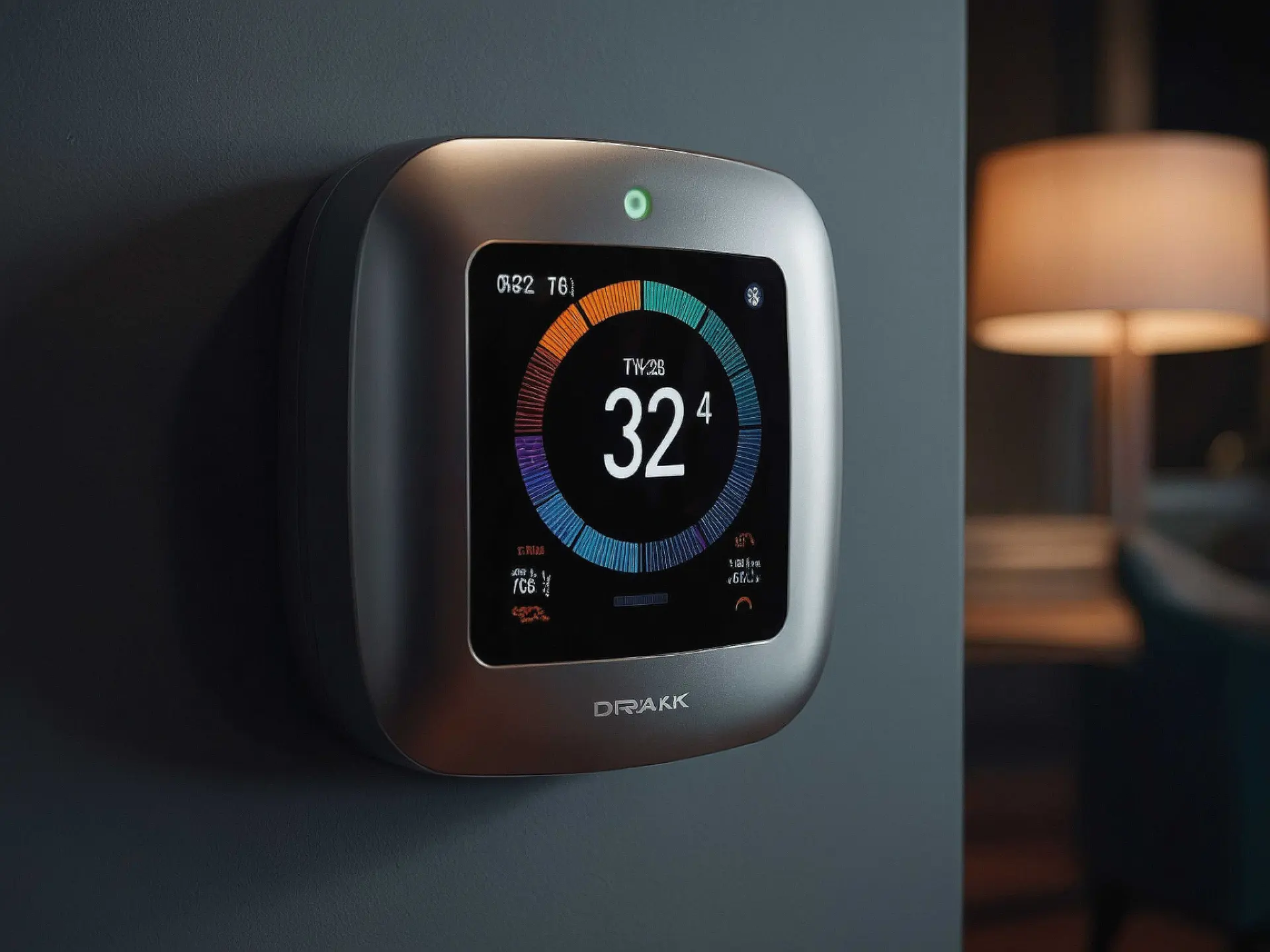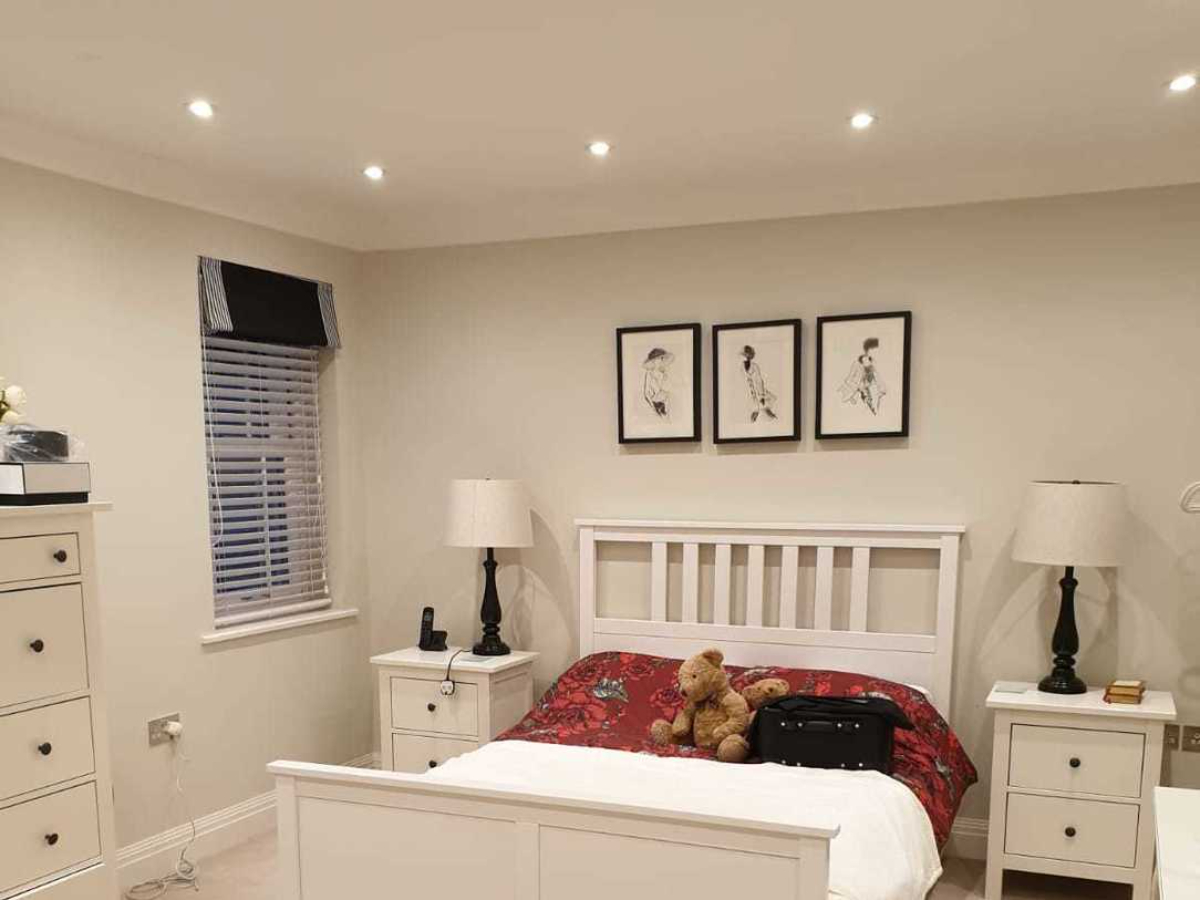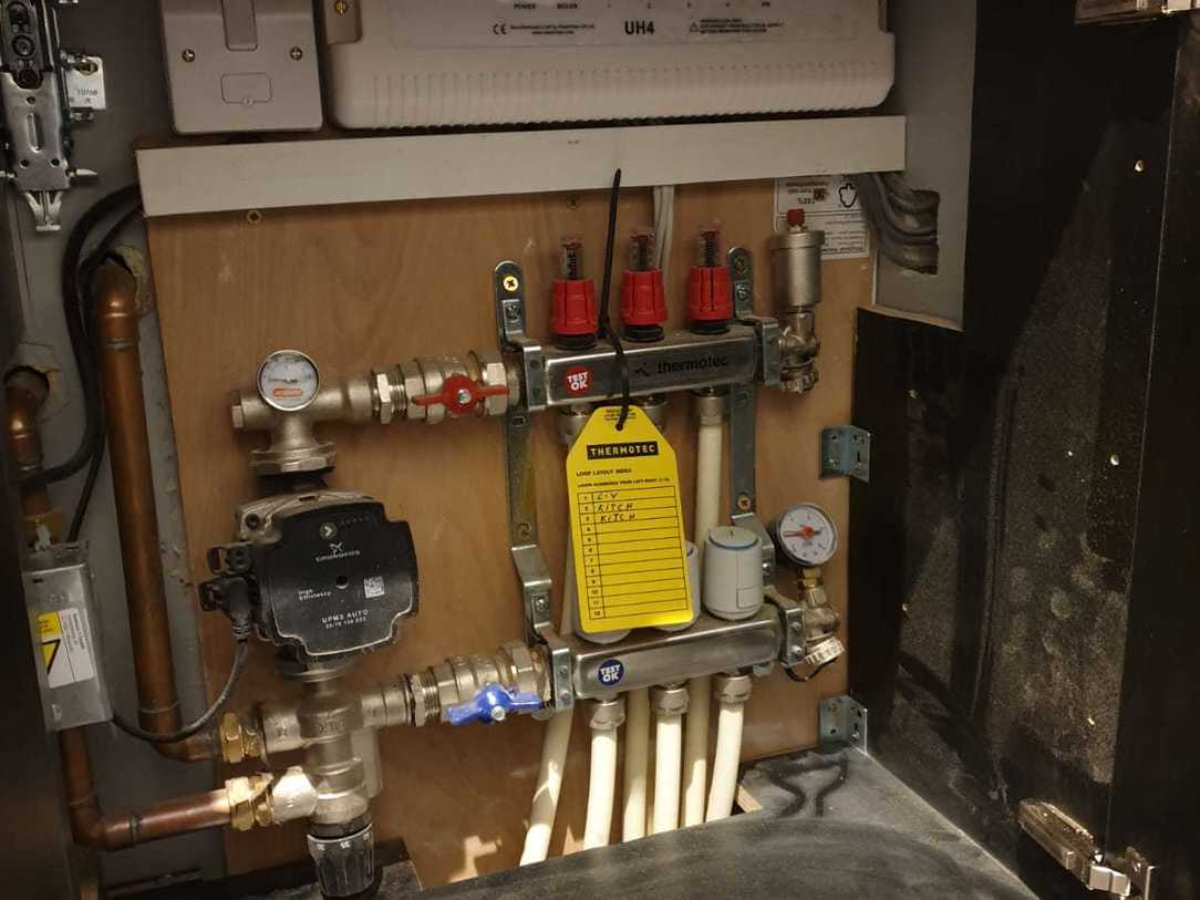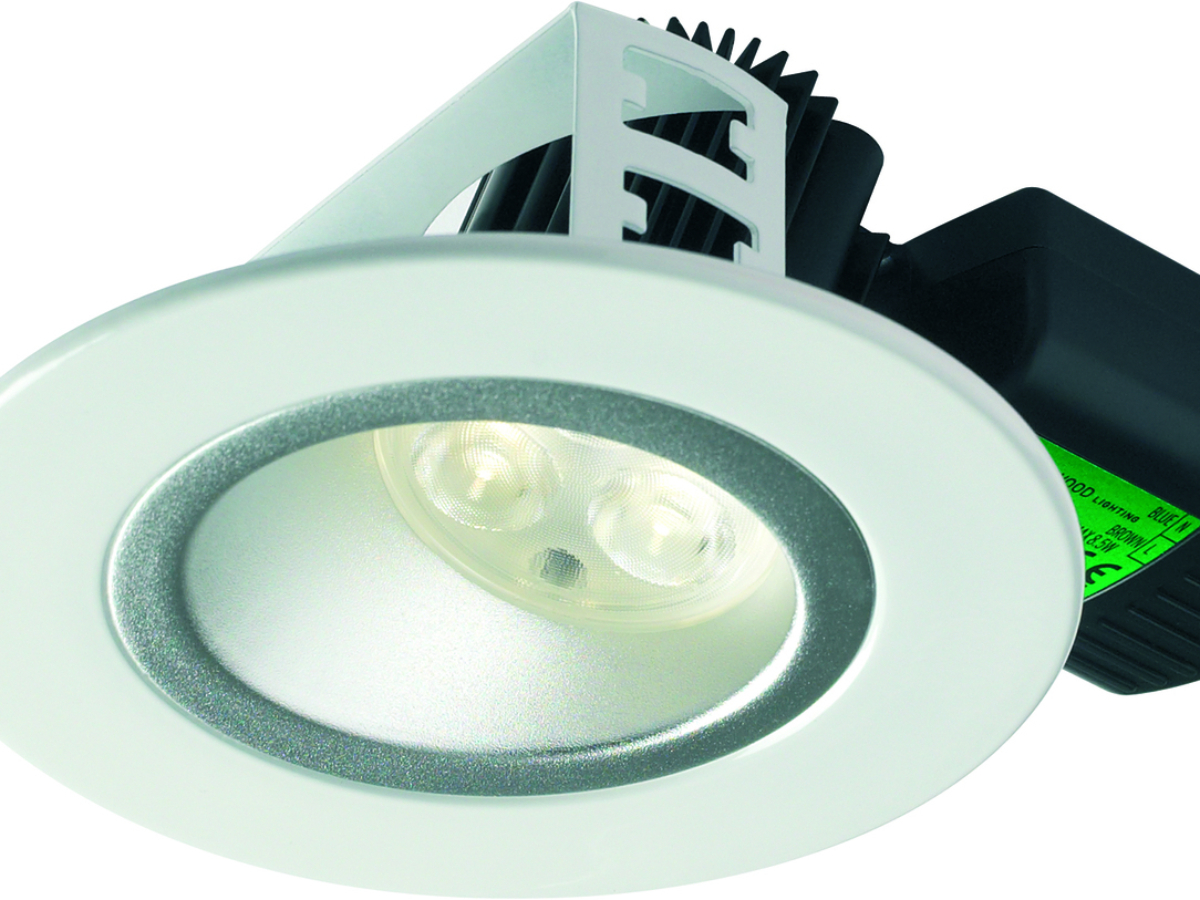Smart Lighting for Lower Energy Use
Smart lighting is one of the quickest and least disruptive ways to make your home more energy-efficient. Swapping out halogen or incandescent bulbs for LED lamps cuts down your lighting consumption dramatically, and adding smart control systems can reduce both your lighting's runtime and brightness levels without disrupting your comfort.
Additionally, occupancy and motion sensors in hallways, bathrooms, and utility rooms switch the lights off automatically after a period of inactivity. Daylight sensors cut the artificial light whenever natural light is sufficient, which is useful for south-facing rooms, kitchens, and loft conversions, and your sunrise/sunset schedules are tracked from season to season to prevent the lights from turning on too early or too late. Many systems also provide energy reports per room or device, which can help you spot any energy-hungry appliances and tighten your lighting schedules.
Monitoring Usage with Smart Meters
Smart meters can make homes more energy efficient by turning vague bills into clear, real-time insight. Instead of just seeing quarterly estimates, you can see your live usage data in kW and the running cost of your appliances on your in-home display and supplier app. This feedback loop can help you change your habits or trim your energy and heating usage.
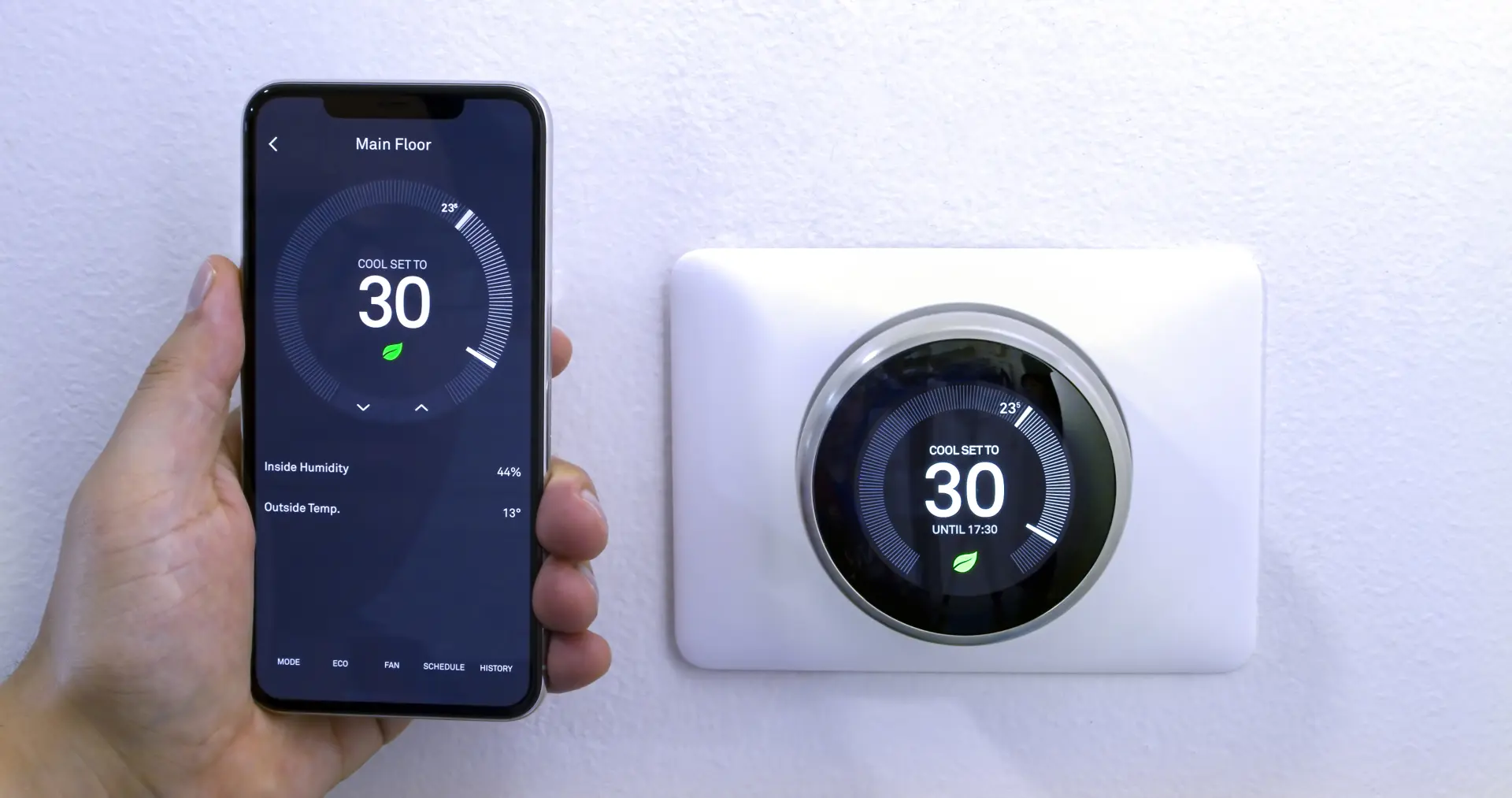
Granular data can reveal patterns that you might not spot from your monthly statements. You’ll be able to identify your “always-on” base load, which is the power used 24/7 by fridges, routers, set-top boxes, and chargers, and if that baseline is higher than you expected, you can hunt down hidden consumers, such as TVs, or forgotten heaters, and pull the plug on them during certain times, or move them to a smart plug schedule.
Your heating is the biggest contributor to your bills, and lowering your boiler's setpoint by 1°C, shortening your warm-up times, or reducing your boiler's water flow temperature can help reduce your heating bills little by little. If you have smart TRVs or a smart thermostat, you can also combine their schedules with the smart meter data to verify that the zoned heating and shorter runtimes are genuinely reducing your energy consumption.
Heating and Cooling with Smart Thermostats
Smart thermostats regulate your home's heating and cooling to match your real-time demand rather than work to a fixed schedule. They learn how fast your rooms warm up and cool down, and then time the boiler or heat pump so that you reach the target temperature exactly when you need it. Adaptive start/stop and weather compensation systems can cut your boiler's runtime on mild days and keep you comfortable while using less energy.
Geofencing lowers your heating's setpoints when the last person leaves the house and restores them as you head back in. Motion sensors or wireless room sensors prioritise the most lived-in spaces and prevent empty rooms from being overheated. You can also pair a smart thermostat with smart TRVs to heat specific rooms of your house at specific times, such as a home office during the day or bedrooms just before you go to bed.
Energy-Saving Benefits of Smart Plugs
Smart plugs can make your home more energy efficient by cutting down standby waste and giving you more control over your everyday appliances. Many devices silently consume power even when they're switched off, such as TVs, set-top boxes, game consoles, sound bars, printers, coffee machines and chargers. By switching these appliances off at the socket on a set schedule, smart plugs can reduce your 24/7 “base load” and stop certain appliances from silently raising your bills.
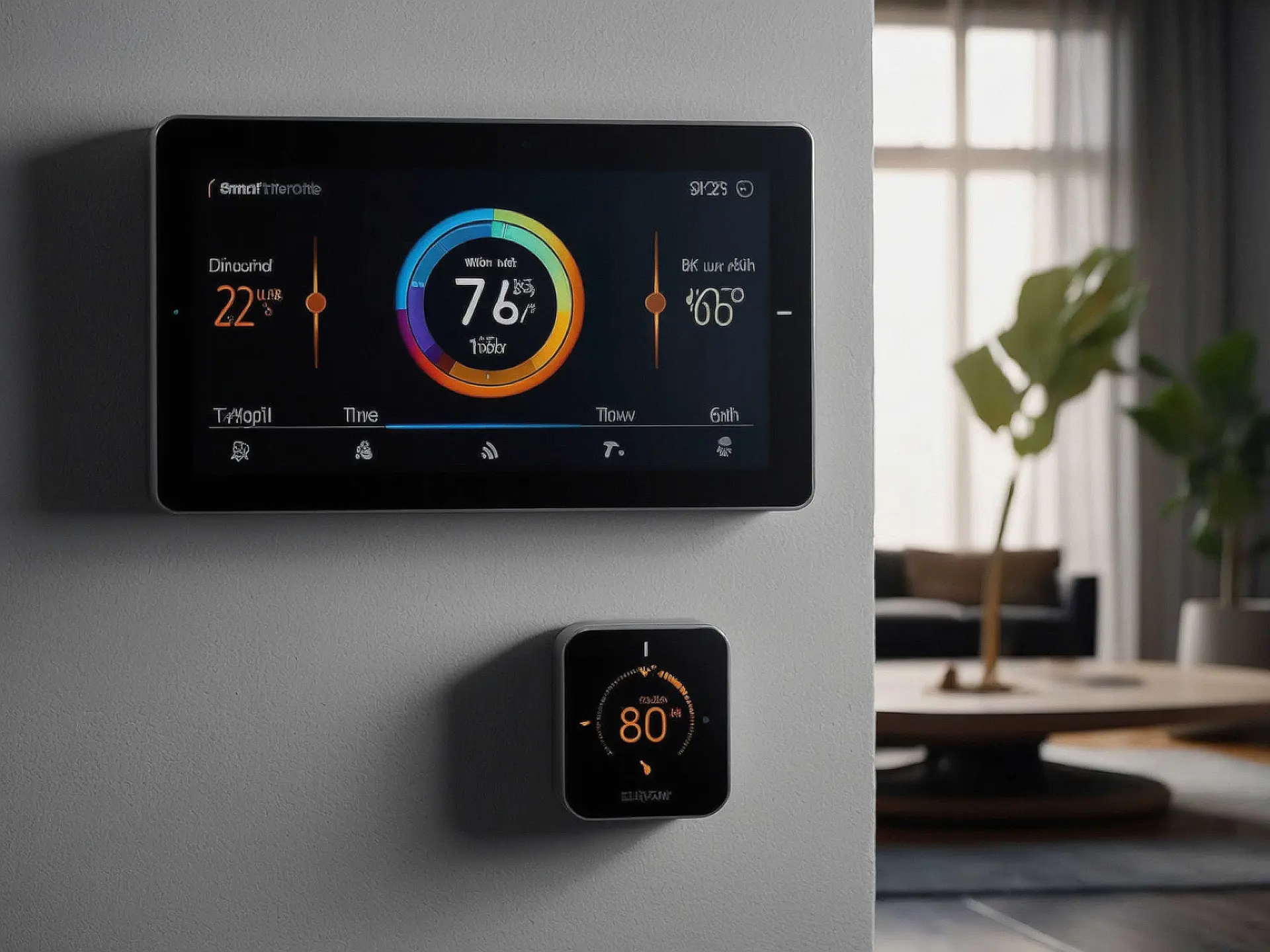
With smart plugs, you can create different routines throughout the day that shut off non-essential appliances across multiple rooms with a tap of a button or voice control. Geofencing can turn off pre-selected plugs as soon as the house is empty, and occupancy features can keep desk lamps, fans or dehumidifiers running, but only when someone is in the house. This helps you cut down your overall energy usage and your bills over time.
Energy-monitoring smart plugs also show you your real-time energy usage in kW and cost, and this visibility can help you find energy-hungry appliances and put restrictions or schedules in place. However, smart plugs should only be used on low-to-moderate devices that won't cause any issues by being fully powered off. You should avoid scheduling fridges, freezers, boilers, and other critical networking gear.
At Redwood Electrical Services, we can install and configure smart home devices that work efficiently and lower your bills over time. We handle everything from Wi-Fi optimisation to app setup and training to ensure you know exactly how to use your new system. Our reliable smart devices can help you save energy and boost your comfort.
